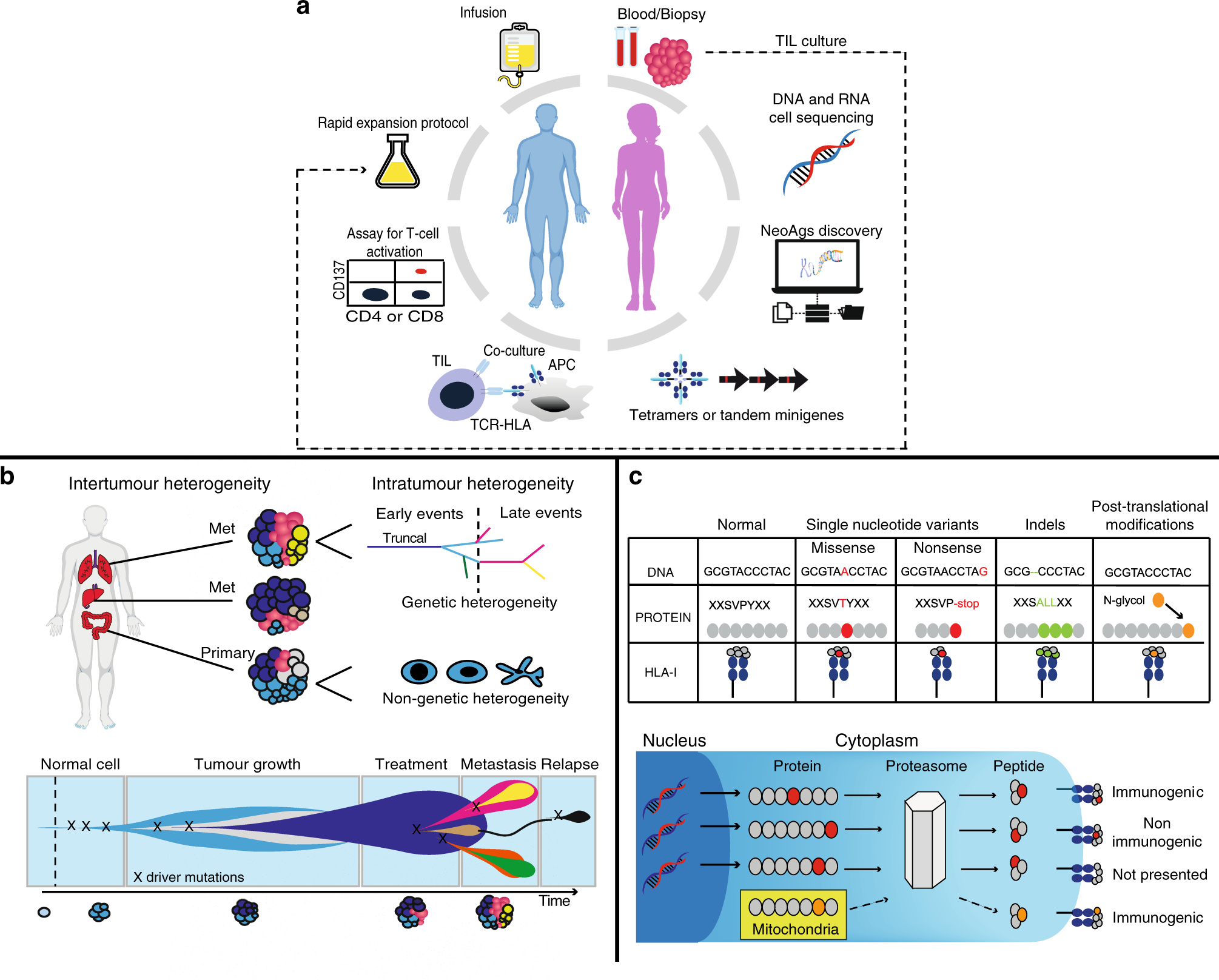A New “killer” Immunotherapy Is Showing Early Promise In A Variety Of Solid Tumors

Researchers discovered that the new immunotherapy was effective in one-third of patients with advanced cancers that had stopped responding to standard treatment, including bowel and lung cancers.
The immunotherapy, known as AFM24, redirects the body’s own natural killer cells and engages them to kill tumour cells without requiring a complex process to re-engineer a patient’s own cells, as CAR-T cell therapy does.
The researchers believe the new treatment has the potential to be safer and less complex than cell therapies such as CAR-T, and it may also be effective against a broader range of cancer types.
Phase I trial is still ongoing.

An international team of researchers from The Institute of Cancer Research in London and The Royal Marsden NHS Foundation Trust evaluated the new treatment in 24 patients in the ongoing phase I trial.
The preliminary results will be presented at the American Association for Cancer Research (AACR) Annual Meeting 2022.
The trial, which is being funded by the drug’s manufacturer, Affimed N.V., is evaluating the immunotherapy’s safety and appropriate dosage, as well as its efficacy in solid tumours positive for EGFR—a key protein frequently involved in cancer growth.
After being treated with AFM24, one-third of the patients evaluated (8 out of 24) responded to the immunotherapy and saw their cancer shrink. This is a promising finding for a phase I clinical trial, as early-phase trials are typically conducted as a last resort in patients with very advanced cancers.
Our researchers present their latest findings at the AACR Annual Meeting in the United States on a regular basis.
Patients’ cancers shrank or stopped growing.
Two bowel cancer patients and one lung cancer patient who received immunotherapy saw their cancer shrink or stop growing for more than three months.
AFM24 was generally well tolerated by patients when administered intravenously, and the researchers were able to recommend a dose for further evaluation.








